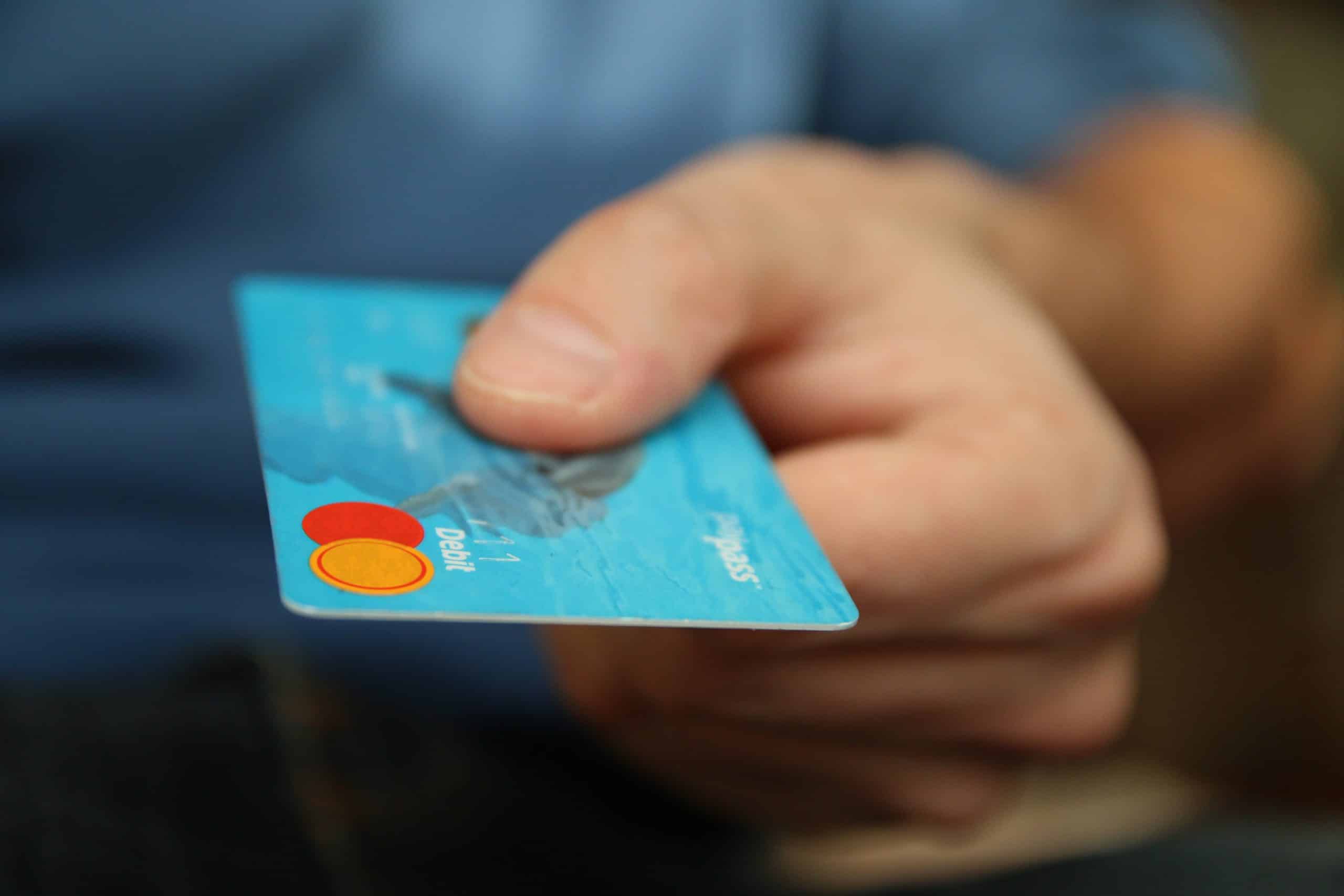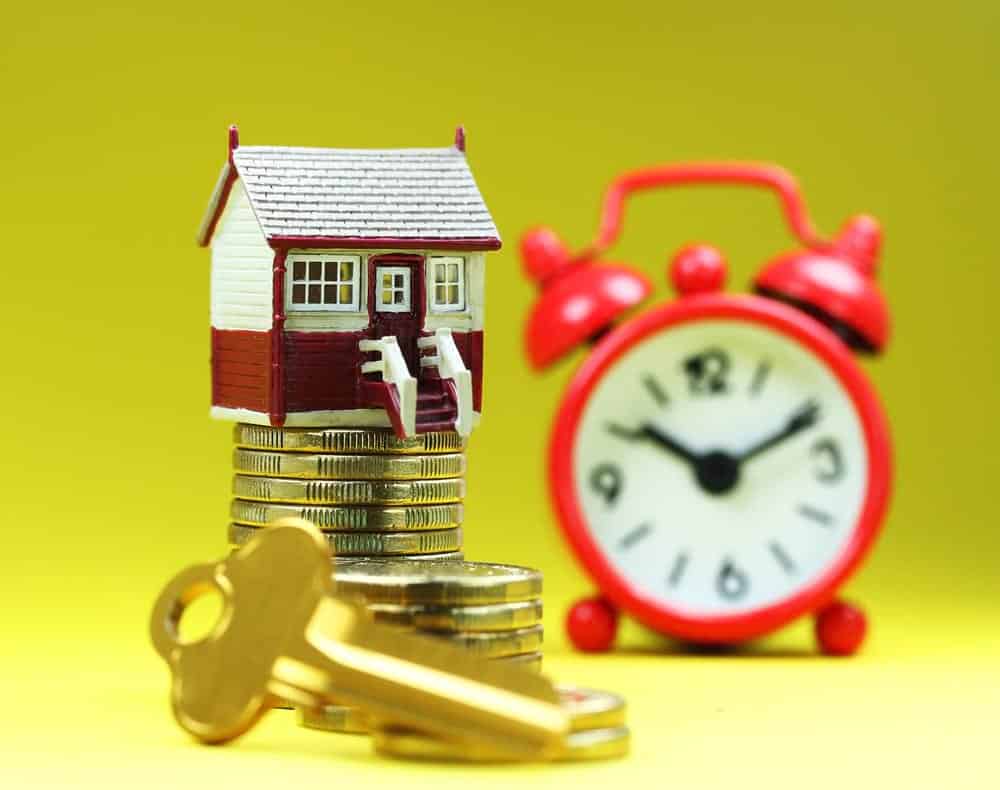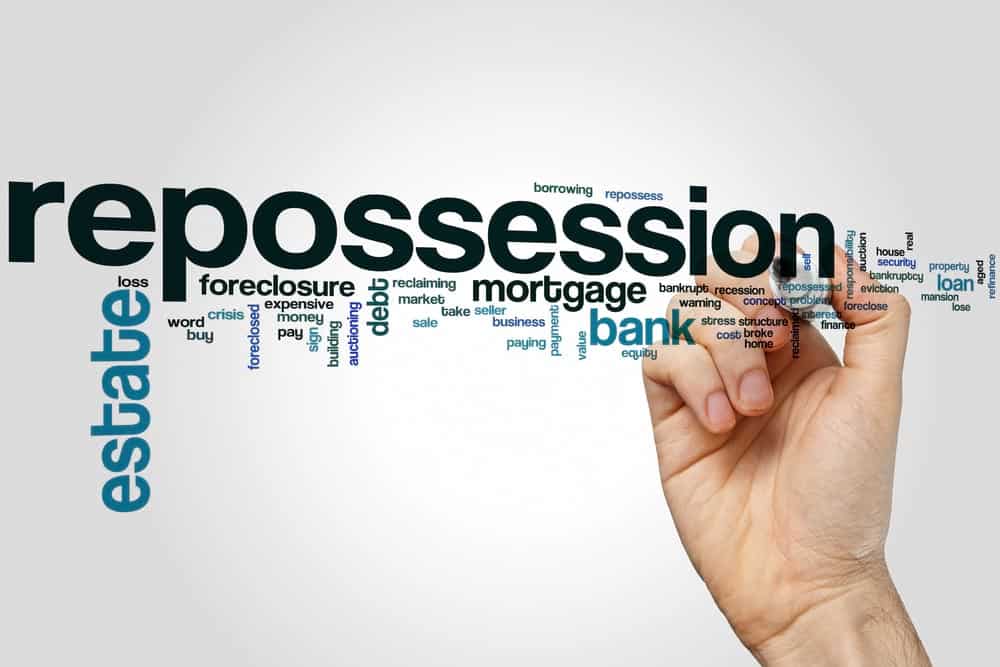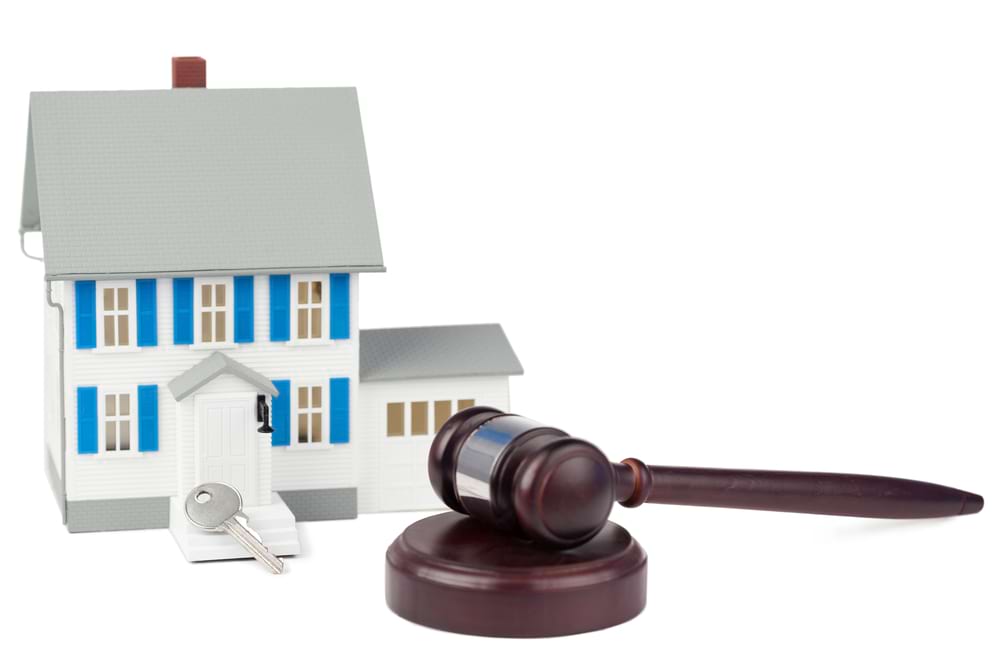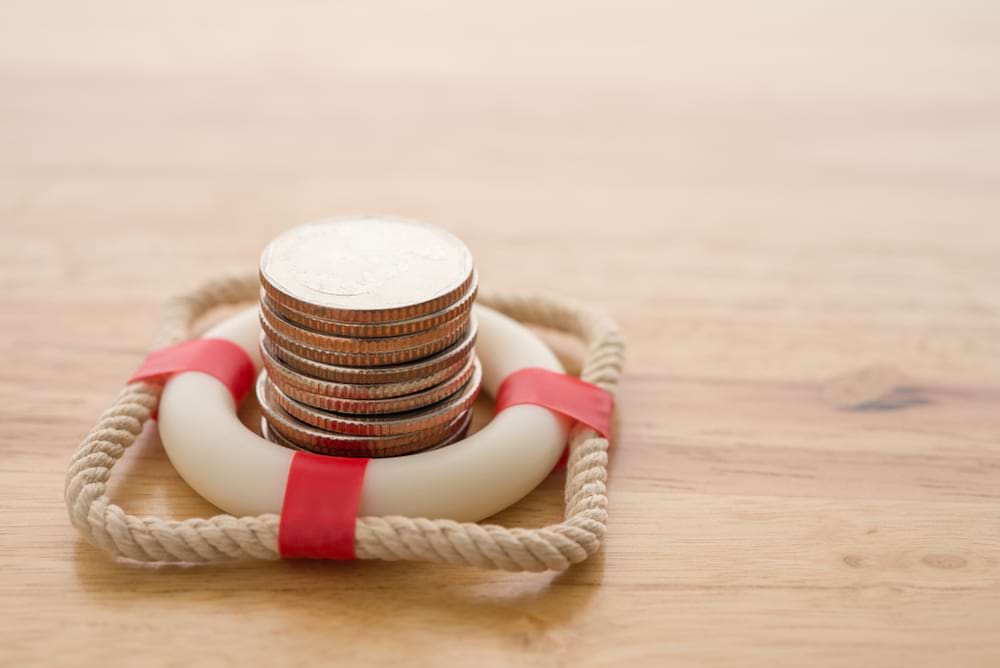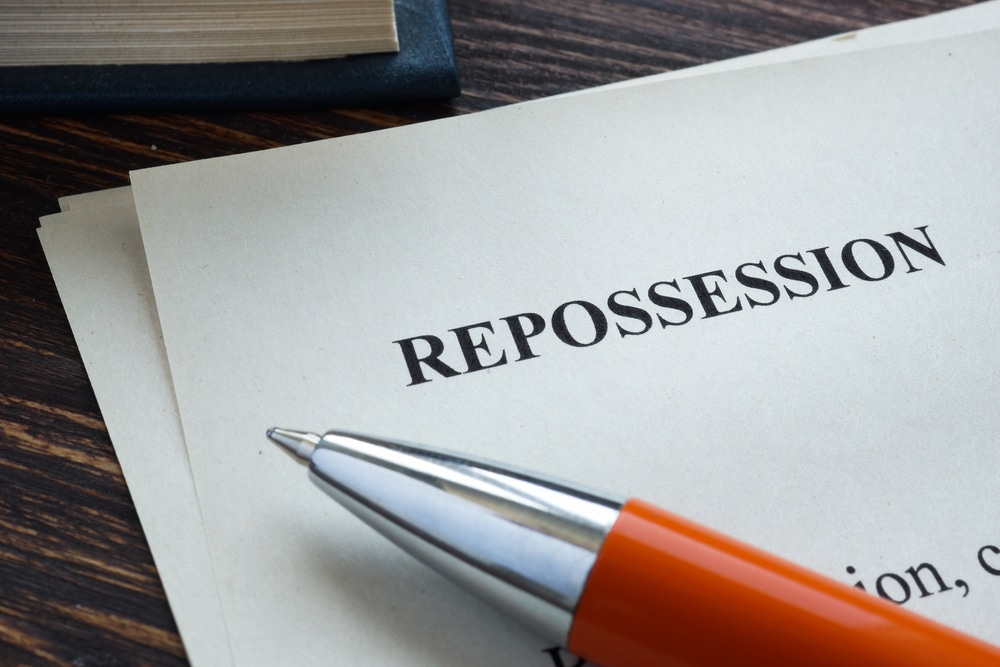There are many ways to deal with debt.
One of these is selling your property.
This isn’t a decision to be taken lightly.
Read on for our guide on whether you should sell your house to pay off debt.
Dealing with your debt first
If you are struggling with debt, debt management charities can support you.
They can help you work towards getting out of debt in several ways, including:
- Reduce your spending
- Improving your budgeting
- Finding benefits you are entitled to
- Arranging a debt management plan with your creditors.
And more.
They will try to clear your other debts to enable you to make your mortgage repayments and keep your home.
That means, for example, store card or payday loan debts will be tackled first.
What can your provider do?
If you are finding it hard to pay your mortgage, your provider may:
- Be able to help by giving you a mortgage holiday
- Switching you to an interest only mortgage.
Government help
In some situations the government can help with your mortgage interest payments.
IVAs
In more severe cases a charity can help you set up an individual voluntary agreement (IVA).
This is a form of insolvency. It allows you to keep your home while paying creditors an agreed amount you can afford.
Bankruptcy
The next step along is bankruptcy. This is when you can no longer contribute to your debts – in this situation you are likely to be forced to sell your home.
Thinking about selling
There are still lots of factors to consider before going ahead:
- Could you let your property out and rent a cheaper home elsewhere? You may be able to cover your mortgage and make a little extra to help with other costs.
- Do you have somewhere else to live? You shouldn’t move out of your home until you do.
- Do you have a poor credit rating which could prevent you from getting a mortgage in the future? It may be hard to get back on the housing ladder if you do.
- Is your home in negative equity? This means it is worth less than the mortgage you have on it. You will owe your lender the difference if you sell, so it might be worth staying if you can.
- How much equity is in your home? That’s the proportion you own without a mortgage. Will it cover all your debts or would an IVA be a better option?
When the time is right
Sometimes, however, selling a home is the best way to get on top of your finances and bring you some peace of mind.
If you have enough equity in your property to pay off what you owe, with some leftover, it is a tempting option.
Equally, you might be in mortgage arrears. Moving somewhere more affordable will help prevent you from going into debt.
The upkeep of a large property may also be a burden. Especially if your circumstances have changed and your income has reduced.
Downsizing to a smaller home will make your outgoings more manageable.
Selling to avoid repossession
For some, selling a property is a way to avoid more drastic measures. If your home is in danger of repossession it is often better to sell it than hand it back to your mortgage lender.
They will look to recover the money they have lent rather than get the best price. This means any equity you had in it will be reduced.
You will also continue to be responsible for your mortgage until the home is sold. The mortgage company will take legal costs from the proceeds.
If you are considering bankruptcy, bear in mind you’ll probably be forced to sell your home as part of the process.
As a form of insolvency, bankruptcy will remain on your credit file for six years.
Selling quickly
Once you’ve decided to sell you’ll need to work out the best way to do it.
Putting your home on the open market will achieve the best price. But this depends on whether you have the time to wait.
To move at a faster pace, you can consider a cash buyer like We Buy Any Home.
